On January 20-21, 2025, the VOICES in Action: International Event on Gender Equality in Science and Research took place at Izmir University of Economics (IEU). Organised and funded by COST Action VOICES, this two-day conference brought together a group of experts and researchers from across Europe to exchange knowledge and experiences on issues related to gender equality in academia and research. The event featured a lineup of speakers, including Dr Ola Thomson from BU Business School.
Day one set the scene with topics such as implementing Gender Equality Plans (GEPs) in universities and research institutions, integrating gender perspectives in research, and exploring the global challenges faced by women in STEM careers.
Ola, who is a management committee member and co-lead of VOICES, delivered a talk focusing on the activities of her working group in promoting inclusive mentoring as a strategy to advance gender equality in academia and research. Ola shared insights from the Mentoring Mapping in Europe project, which involved identifying and analysing existing mentoring programmes to better understand their impact and gaps. Additionally, she presented the outcomes of the Inclusive Mentoring Summer Training held in Bilbao in 2024, which had utilised art-based and co-creation techniques to enable mentees, mentors and programme managers to share their experiences of mentoring and create ten guiding principles on inclusive mentoring.
Day two was an interactive and hands-on experience for attendees, featuring co-creation workshops for early-career researchers. Ola and her two VOICES colleagues Dr Jennifer Dahmen-Adkins from Germany, and Şerife Durna from Türkiye co-led a World Café session, which explored the challenges impacting early researchers’ careers. Themes included the gendered nature of institutions and the impact of systemic inequalities, addressing the tension between professional demands and societal gender roles, examining gendered access to opportunities and critiquing notions of “meritocracy” and “excellence”, and lastly, sharing personal and institutional experiences to understand the prevalence and impact of bias.
This event was a rewarding opportunity to engage with a Turkish community of researchers and academics committed to shaping the future of gender equality in science and research. It underscored the importance of collaboration across Europe and Inclusiveness Target Countries such as Türkiye, where challenging socio-political systems operate and influence gender equality efforts and outcomes.
This work links to three UN SDGs: Gender equality, Decent work and economic growth, and Reduced inequalities within and among countries.
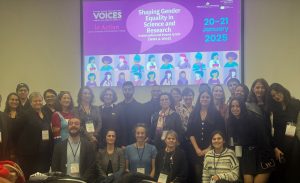
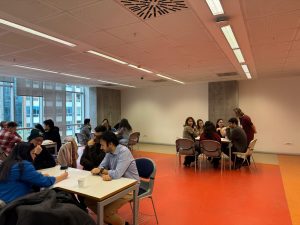
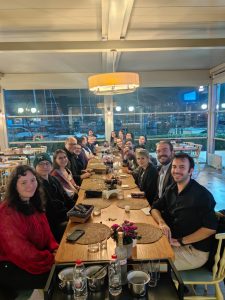
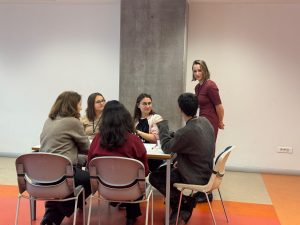
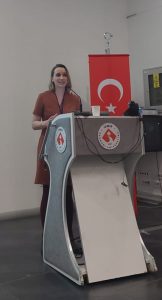
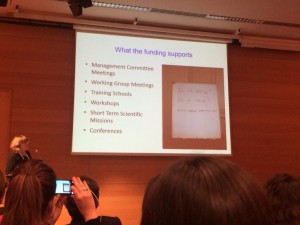 Last week I attended COST Action Training School BEYOND BIRTH COHORTS: from study design to data management which was conducted from November 23- 25 in Valencia, Spain. COST (European Cooperation in Science and Technology) is a unique platform where European researchers can jointly develop their ideas and initiatives across all scientific disciplines through trans-European networking of nationally funded research. The specialist training to which I was invited focused conducting longitudinal cohort studies especially birth cohorts.
Last week I attended COST Action Training School BEYOND BIRTH COHORTS: from study design to data management which was conducted from November 23- 25 in Valencia, Spain. COST (European Cooperation in Science and Technology) is a unique platform where European researchers can jointly develop their ideas and initiatives across all scientific disciplines through trans-European networking of nationally funded research. The specialist training to which I was invited focused conducting longitudinal cohort studies especially birth cohorts.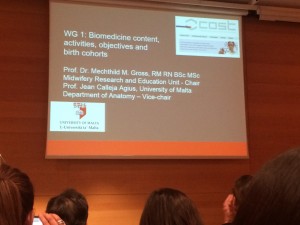
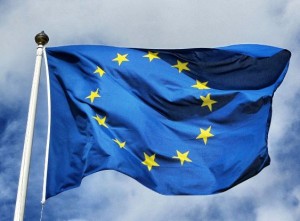

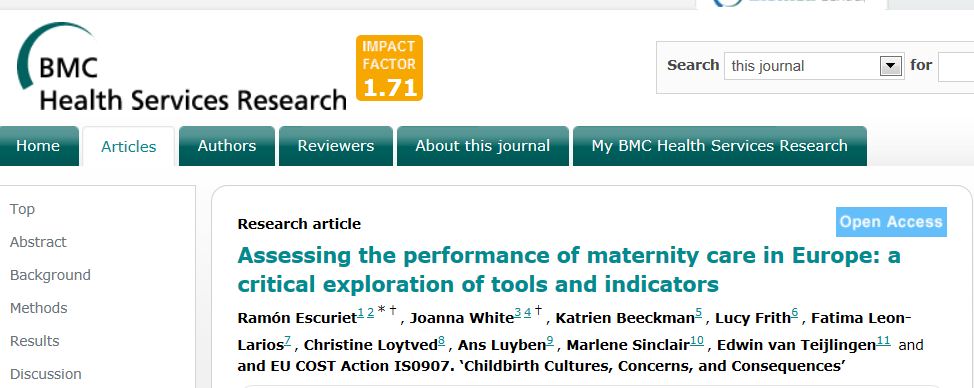
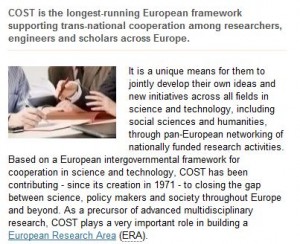



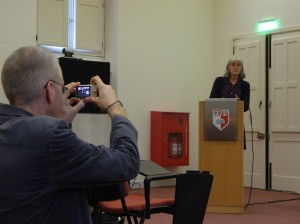
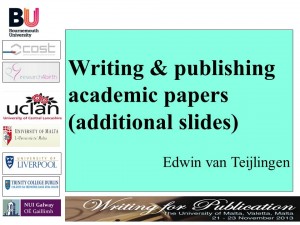











 Beyond Academia: Exploring Career Options for Early Career Researchers – Online Workshop
Beyond Academia: Exploring Career Options for Early Career Researchers – Online Workshop UKCGE Recognised Research Supervision Programme: Deadline Approaching
UKCGE Recognised Research Supervision Programme: Deadline Approaching SPROUT: From Sustainable Research to Sustainable Research Lives
SPROUT: From Sustainable Research to Sustainable Research Lives BRIAN upgrade and new look
BRIAN upgrade and new look Seeing the fruits of your labour in Bangladesh
Seeing the fruits of your labour in Bangladesh ECR Funding Open Call: Research Culture & Community Grant – Apply now
ECR Funding Open Call: Research Culture & Community Grant – Apply now ECR Funding Open Call: Research Culture & Community Grant – Application Deadline Friday 12 December
ECR Funding Open Call: Research Culture & Community Grant – Application Deadline Friday 12 December MSCA Postdoctoral Fellowships 2025 Call
MSCA Postdoctoral Fellowships 2025 Call ERC Advanced Grant 2025 Webinar
ERC Advanced Grant 2025 Webinar Update on UKRO services
Update on UKRO services European research project exploring use of ‘virtual twins’ to better manage metabolic associated fatty liver disease
European research project exploring use of ‘virtual twins’ to better manage metabolic associated fatty liver disease